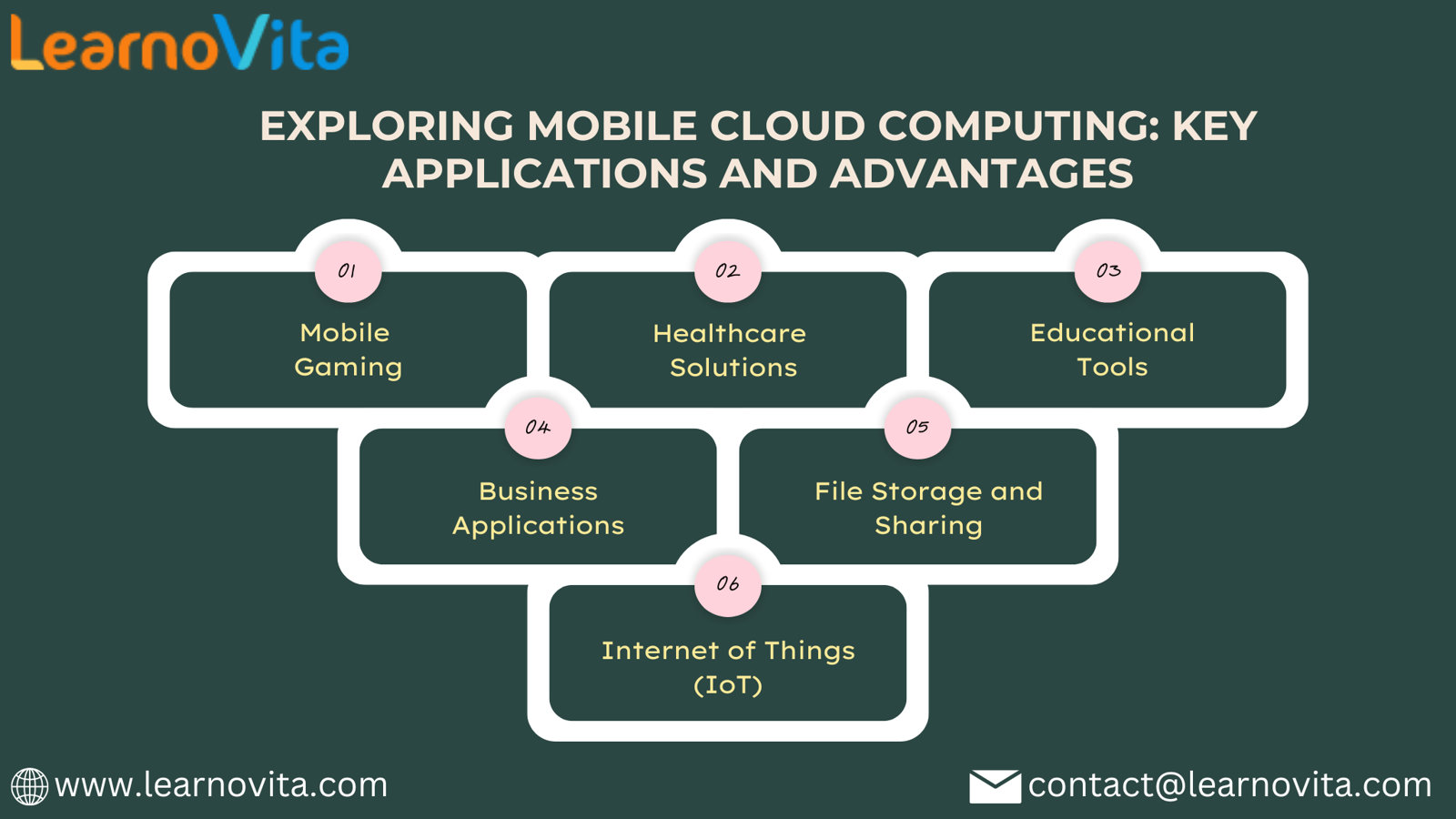Mobile Cloud Computing Explained: Benefits and Practical Applications

What is Mobile Cloud Computing?
Mobile cloud computing combines mobile computing and cloud computing, allowing users to store, access, and process data remotely via mobile devices. This technology removes the burden of local storage and processing power, providing a flexible and efficient user experience.
Key Components of Mobile Cloud Computing
- Mobile Devices: Smartphones, tablets, and other mobile devices that connect to cloud services.
- Cloud Infrastructure: Remote servers that host applications and data.
- Network Connectivity: Reliable internet connections that facilitate seamless access to cloud resources.
Benefits of Mobile Cloud Computing
Mobile cloud computing offers several advantages that enhance productivity for both individuals and organizations:
1. Enhanced Accessibility
One of the primary benefits of MCC is its accessibility. Users can access applications and data from anywhere with an internet connection, enabling flexibility for remote work and on-the-go productivity. This is particularly valuable in today’s dynamic business environment.
2. Cost Efficiency
By leveraging cloud resources, organizations can significantly reduce the costs associated with hardware and IT infrastructure. This allows businesses to allocate funds to other critical areas, such as innovation and customer service.
3. Scalability
Mobile cloud solutions can easily scale to meet fluctuating user demands. This means businesses can adjust their resources based on traffic and usage patterns, ensuring optimal performance without overcommitting to physical infrastructure.
4. Improved Collaboration
MCC fosters real-time collaboration among team members. Cloud-based applications enable multiple users to work on projects simultaneously, share documents, and communicate effectively, regardless of their location.
5. Robust Data Security
Cloud service providers implement advanced security measures to protect sensitive data. Mobile cloud computing benefits from these protocols, ensuring that information remains secure even when accessed from mobile devices.
6. Automatic Updates

Practical Applications of Mobile Cloud Computing
Mobile cloud computing has a wide array of applications across various sectors. Here are some practical examples:
1. Healthcare
In healthcare, mobile cloud computing enables professionals to access patient records, share information securely, and monitor health metrics in real-time. Telemedicine platforms allow doctors to consult with patients remotely, improving healthcare access and efficiency.
2. Education
E-learning platforms leverage mobile cloud computing to provide students with access to educational resources and interactive content. This flexibility allows learners to engage with materials from anywhere, promoting a more inclusive and accessible education experience.
3. Retail
Retailers are utilizing mobile cloud computing to enhance customer experiences. Mobile applications can provide customers with personalized recommendations, real-time inventory updates, and seamless checkout options, ultimately improving satisfaction and loyalty.
4. Finance
In the financial sector, mobile cloud computing allows users to manage their accounts, make transactions, and access financial services securely from their devices. This convenience enhances user engagement and streamlines banking operations.
5. Manufacturing
Manufacturers are adopting mobile cloud solutions to optimize production processes and manage supply chains. Real-time data access enables better decision-making and enhances operational efficiency, leading to reduced costs and increased productivity.
6. Entertainment
The entertainment industry is leveraging mobile cloud computing for streaming services, enabling users to access movies, music, and games seamlessly across devices. This flexibility enhances user engagement and satisfaction.
Conclusion
Mobile cloud computing is revolutionizing how we interact with technology, offering unparalleled accessibility, cost savings, and collaboration opportunities. With its diverse applications across various industries, MCC empowers organizations to leverage cloud resources effectively. As technology continues to advance, the impact of mobile cloud computing will grow, shaping the future of how we work, learn, and connect in an increasingly mobile world.

Comments
Post a Comment